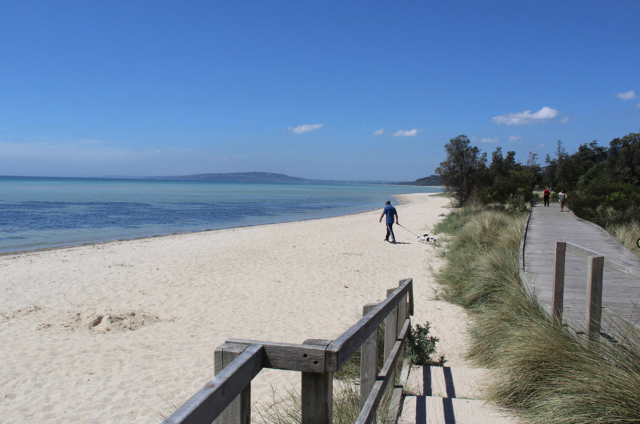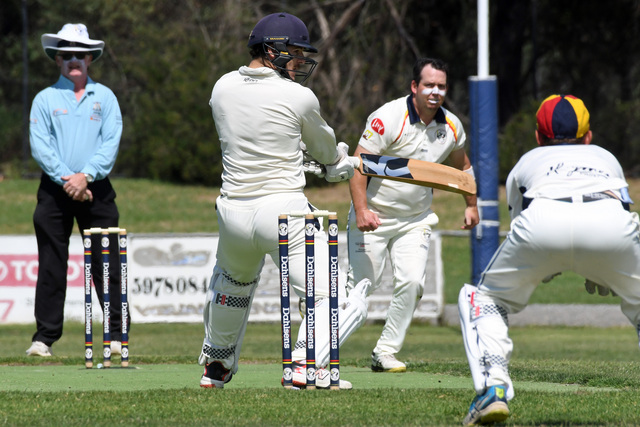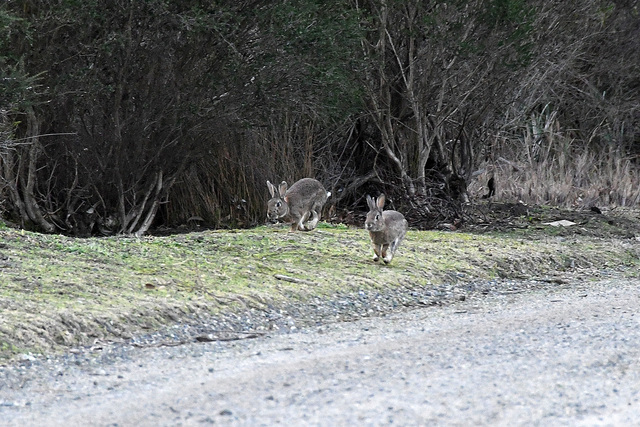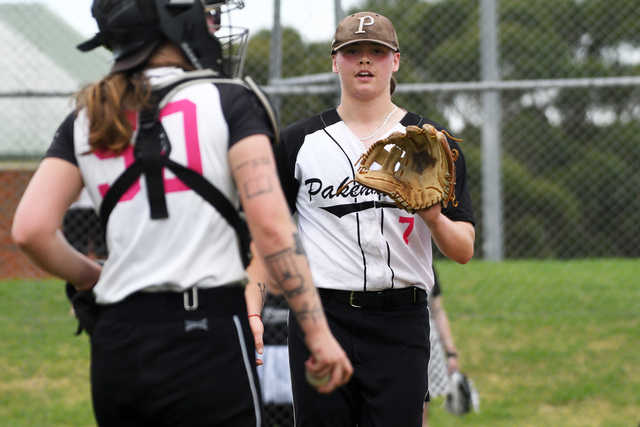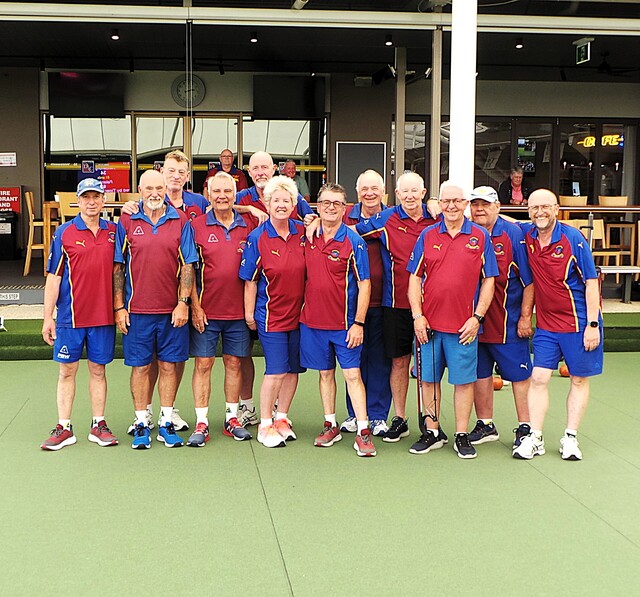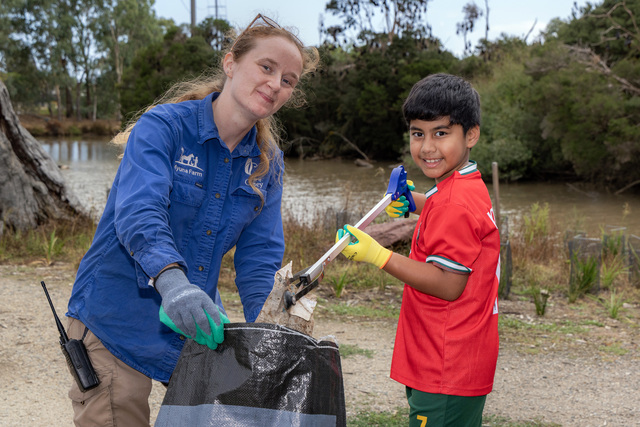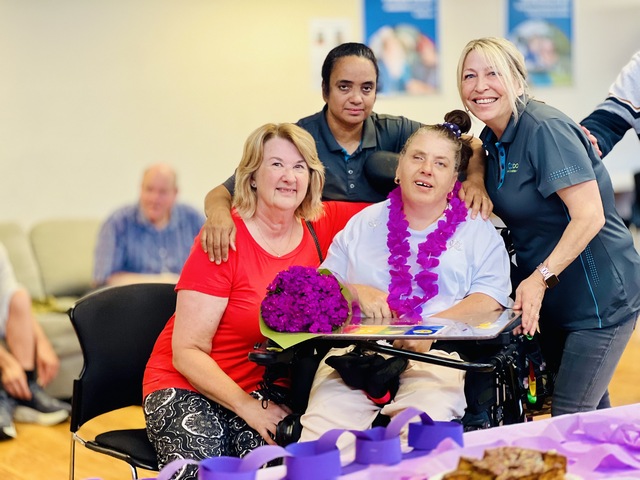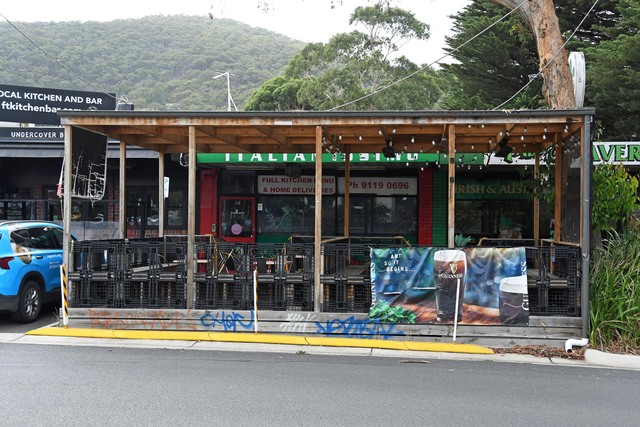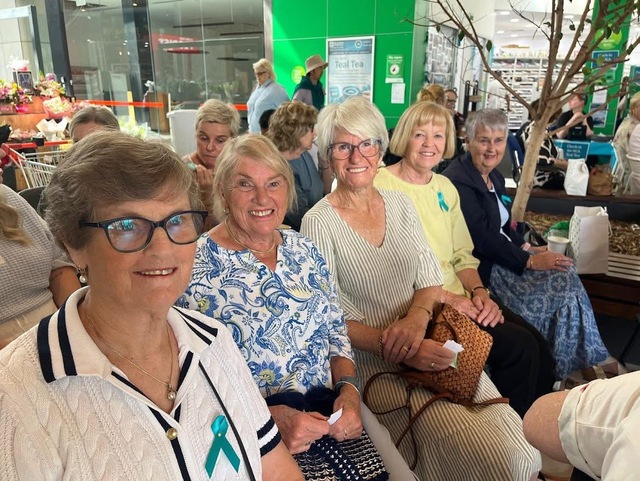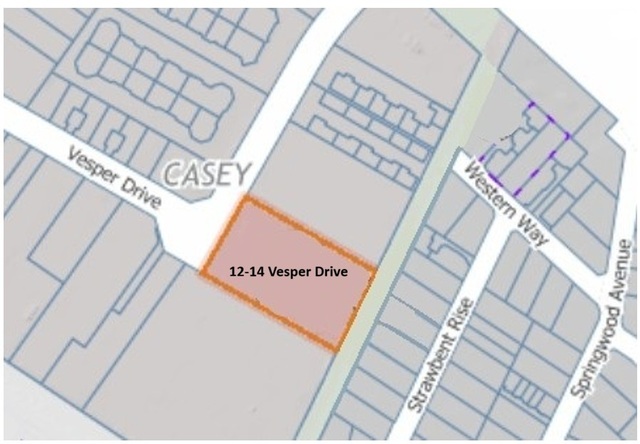The Western Port Biosphere Reserve has received $1.2 million in funding from the State Government to support the marine ecosystem and the region’s growing potential as a major site for blue carbon capture.
The reserve will receive crucial planning and restoration projects thanks to the grant, which is being split between the Western Port Biosphere Foundation and the Bunurong Land Council.
“Investing in the health of the UNESCO Western Port Biosphere Reserve is crucial to maintaining Victoria’s precious biodiversity for years to come,” said Minister for Environment Ingrid Stitt.
“This investment will allow the Western Port Biosphere Reserve Foundation and the Bunurong Land Council to work with the community to restore Western Port’s extensive wetland areas and help realise the reserve’s potential to absorb carbon.
“Victoria has cut emissions by more than any other state since 2014 and these grants will ensure further work is done to decarbonise the state.”
The funding will not only help future proof Western Port’s unique coastal biodiversity but will work towards optimising the blue carbon storage capacity the reserve provides through its extensive mangroves and wetlands.
Mangroves, saltmarsh and seagrass ecosystems capture carbon at between 30-50 times of equivalent areas of forests, making protection and enhancement of coastal habitat central to climate action strategy and zero carbon commitment.
The funding will initially be used to conduct detailed site specific analysis and planning to identify options for both protecting and enhancing mangrove, seagrass and saltmarsh habitats.
The investment will allow further research into how to protect and restore the region’s extensive wetland areas, while delivering on-ground works including planting, fencing and pest and weed control.
The grants will also ensure the reserves ecosystems are preserved so that the region’s biodiversity continues to thrive, including the thousands of trans-continental bird migrations that take place each year.
Western Port Biosphere CEO Mel Barker said wins for the environment directly benefit the community.
“We welcome the Victorian Government’s support, which will build on the more than 60,000-year knowledge of traditional custodians of country and the scientific research undertaken by Deakin University’s world-class Blue Carbon Lab in 2022,” she said.
“We could not have reached this stage without the financial support provided by seven member councils from the South East Councils Climate Change Alliance (SECCCA), which contributed to the Blue Carbon Lab’s scientific research and report and other enabling donations of money and resources from the community.
“The benefits for Western Port extend beyond climate action- preserving ecosystems is invaluable for maintaining biodiversity, the thousands of trans-continental bird migrations that happen annually and for the protection of the internationally declared Ramsar wetlands at the heart of the Reserve.”
The councils that contributed funding for the initial Blue Carbon Lab research were: Bass Coast Shire, City of Bayside, City of Frankston, Cardinia Shite, City of Casey, City of Kingston and Mornington Peninsula Shire.
The Western Port Biosphere Reserve Foundation is formally recognised by the United Nations Educational, Scientific and Cultural Organisation’s (UNESCO) Biosphere Program, which promotes community involvement in conserving biological diversity and maintaining cultural values.

